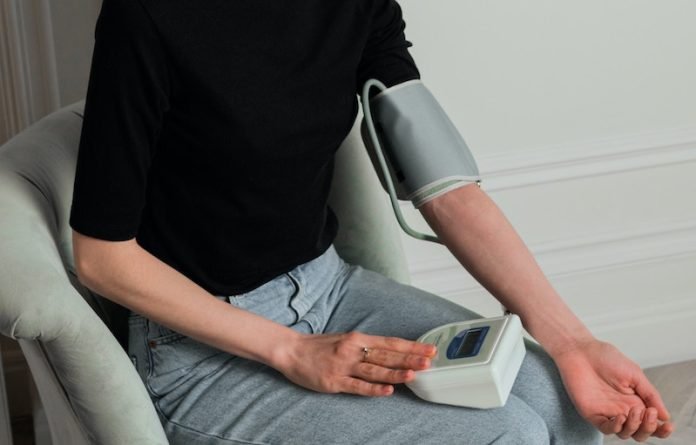
A recent study has found a link between a commonly prescribed drug for high blood pressure and an increased risk of sudden cardiac arrest.
The study, conducted by the European Sudden Cardiac Arrest network, has urged doctors and patients to use the drug with greater caution.
Sudden cardiac arrest is a condition in which the heart suddenly stops beating, leading to a sudden loss of blood flow.
This condition is responsible for approximately half of all cardiac deaths in Europe and one in five natural deaths.
Symptoms of sudden cardiac arrest include abnormal or absent breathing and loss of consciousness. If left untreated, it can quickly lead to death.
In this study, researchers analyzed whether two commonly used drugs, nifedipine and amlodipine, used to treat high blood pressure and chest pain, were linked to sudden cardiac arrest.
They analyzed 2,503 patients and 10,543 healthy individuals from the Amsterdam Resuscitation Studies registry in the Netherlands.
They discovered that high doses (60 mg/day) of nifedipine were linked to a higher risk of sudden cardiac arrest. In contrast, no link was found between amlodipine and sudden cardiac arrest.
The researchers confirmed their findings by studying 8,101 patients and 40,505 controls in the Danish Cardiac Arrest Registry.
The findings have been surprising, given that both drugs have been used for many years in numerous patients without issue.
Previous research had not found this link, which may be due to the difficulty in studying sudden cardiac arrest due to its rapid progression.
The research team has urged for further studies to confirm their findings before doctors or patients take action.
The study highlights the need for greater caution when prescribing high-dose nifedipine to patients with high blood pressure.
The findings of this study have important implications for doctors and patients alike.
While high blood pressure is a common condition, and nifedipine is a widely used medication for its treatment, it is essential to be aware of the potential risks associated with this drug.
Patients with high blood pressure should be vigilant and closely monitor their symptoms while taking nifedipine.
They should also consult their doctors if they experience chest pain, shortness of breath, or nausea, which could be signs of sudden cardiac arrest.
Doctors should also exercise greater caution when prescribing high-dose nifedipine to their patients, particularly those with underlying cardiac conditions.
They should consider alternative medications or reduce the dosage of nifedipine to minimize the risk of sudden cardiac arrest.
The study also highlights the importance of ongoing research into the causes and treatments of sudden cardiac arrest.
Further research is needed to confirm the link between nifedipine and sudden cardiac arrest and to investigate whether other commonly used drugs for high blood pressure and chest pain may also be linked to this condition.
Ultimately, the findings of this study remind us of the importance of careful consideration when prescribing medications to patients.
While drugs such as nifedipine may be effective in treating high blood pressure and chest pain, they must be used with caution to avoid potential risks and complications.
While sudden cardiac arrest (SCA) cannot always be prevented, there are measures that can be taken to reduce the risk of SCA. Some prevention strategies include:
Healthy lifestyle: Maintaining a healthy lifestyle by eating a balanced diet, exercising regularly, and avoiding smoking and excessive alcohol consumption can reduce the risk of SCA.
Regular medical check-ups: Regular medical check-ups are essential for the early detection and treatment of heart diseases that may lead to SCA.
Medications: Taking medications as prescribed by a doctor can help manage and control underlying heart conditions that increase the risk of SCA.
Implantable Cardioverter Defibrillator (ICD): An ICD is a small device that is implanted under the skin in the chest area. It constantly monitors the heart’s rhythm and delivers an electric shock to restore the heart’s normal rhythm if an abnormal rhythm is detected.
CPR training: Knowing how to perform cardiopulmonary resuscitation (CPR) can help save the life of someone experiencing SCA.
CPR is an emergency procedure that involves chest compressions and rescue breaths to keep the person’s blood flowing until medical help arrives.
If you care about blood pressure, please read studies about cannabis linked to blood pressure reduction in older people, and this common plant nutrient could help reduce high blood pressure.
For more information about heart health, please see recent studies about Aspirin is linked to higher risk of heart failure, and results showing Vitamin K2 could help reduce heart disease risk.
Copyright © 2023 Knowridge Science Report. All rights reserved.



